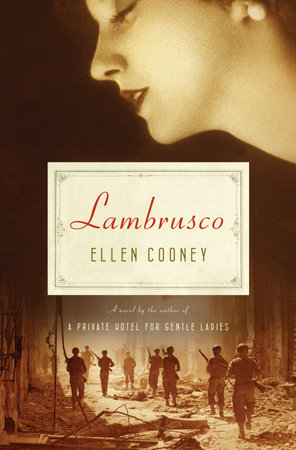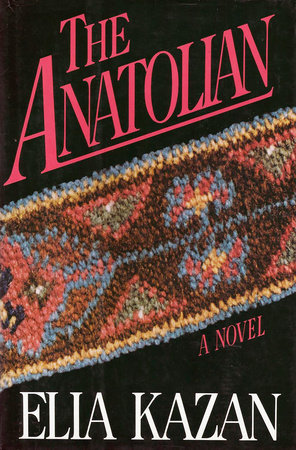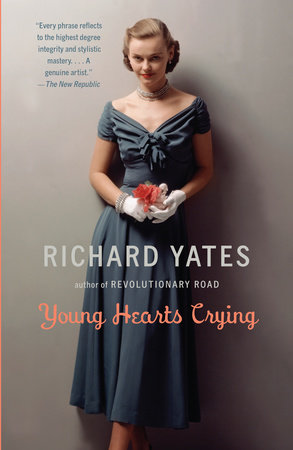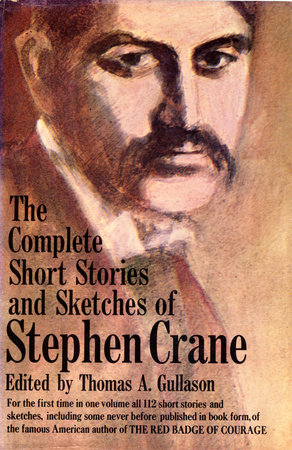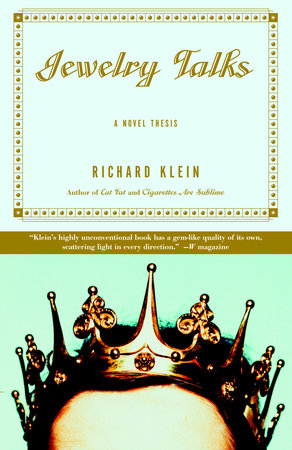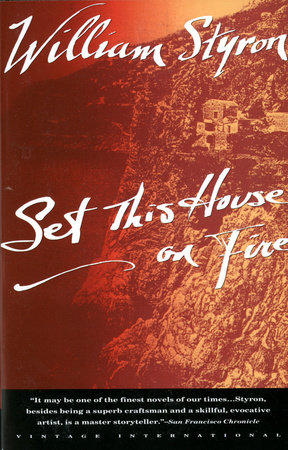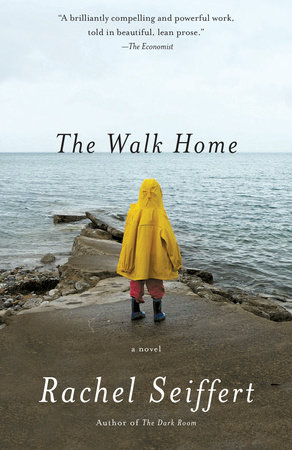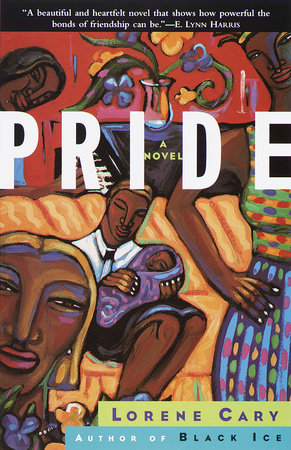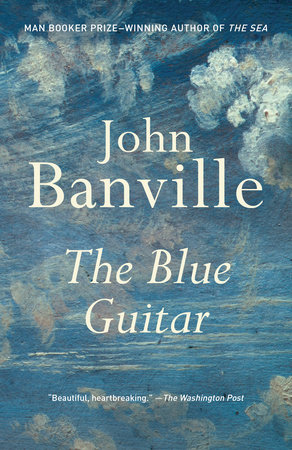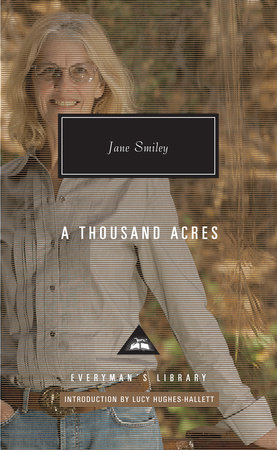An interview with Ellen Cooney, author of Lambrusco
The province of my novel, Emilia-Romagna on the Adriatic coast, is sort of where New England, my always home, is located in America. I come from Italians on my mother’s side. The Cooney is from my dad’s family who in fact are English, from Yorkshire, in Bronte country. I’ve always been keenly aware that I’m an American because of immigrants from two very different countries. As my English grandmother used to say–and she had spotted me as a baby writer from the get-go–“You get your words from us, and your spirit from those Italians.” I’m remembering myself at the age of about twelve, devouring Bronte novels with a background soundtrack of my Italian grandmother’s beloved Caruso. In the air are smells of tomatoes and garlic, along with steam from a pasta pot. On tv is one of the WWII films my dad–a WWII vet–never wanted to stop watching or talking about. I’d go from a Bronte to an American war novel without missing a beat.
The roots of this novel go deep. My Italian grandfather was a barber and one day as a very young kid–a kid who was always in the library–I found a picture of Mussolini in an old copy of Life magazine. My nonno looked so much like him, I became very nervous; I knew what a Fascist was. Although I was heartily assured that our family was on the side of the good guys, I went more with the barber thing, and cooked up a nonno as my own personal Figaro, of the Rossini. I’d known for ages I would have to get around to writing an Italian novel, but I kept putting it off, hoping it would take me over one day like a force of nature. Which it did.
Describe the distinctly Italian elements that compose Lambrusco, and how they work together in this big-canvas, big-cast-of-characters story.
The elements are music and songs, literary classics, food, politics, history, and most of all, people. All those other elements are part of the fabric of their lives, like the guy who wants to write an opera based on the Orlando Furioso of Ariosto, and the partisan-restaurant waiter who’s an amateur scholar of Etruscans. Verdi, Puccini, and Rossini, as well as Caruso, make appearances. I wanted to have lots of characters because operas do and my family does. Perhaps the most significant aspect is the motif of Lambrusco, the wine of the region. Any American who spent adolescence and young adulthood getting tipsy on the cheap, pop-soda-like stuff, which is often all that many Americans know of this wine–will understand what I mean when I say how overjoyed and amazed I was the first time I ever tasted the real thing–at a restaurant near the Italian Adriatic.
How did you go about researching? Your methods of narrative make the past become vibrant and present, and free of what’s generally associated with the genre of historical fiction. How were you able to enter the spirit and realities of the time, as well as the place?
First, because I’d long ago lost my connection to the language, I enrolled in an introductory language course in the Summer Language Immersion program at Harvard (why do anything halfway?). I was the only student over the age of twenty and I was at the bottom of the class the whole time; when I got an answer right in the orals, which wasn’t often, everyone gave me a brava, signora—the very thing I needed. I studied the Italian language for about eight years, including extended stays at schools in Italy—in Rome and then Emilia-Romagna. In those classes I was not only the oldest student, I was the only American and the only native speaker of English. I had to think about language and communication in a new, fundamental way. I gave so many impromptu lessons in English to the Italian teaching staffs, as well as to students from Japan, Brazil, the Philippines, and I don’t remember where else, it’s no wonder I kept flunking the daily quizzes. I failed in my efforts to speak, understand, and read the language at more than a low-intermediate level, but I learned the grammar and verb systems. It doesn’t seem logical to say that knowing about pronouns (optional as the subject of a sentence!) and verb conjugations (an awful lot of them!) made it possible for me to write a novel about Italians in 1943, but that’s what happened.
I was extremely fortunate, when I was poking around in archives in Italy, to have had the chance to look at hundreds of photographs. Archivists took pity on me for my limited language ability and kept bringing out boxes of pictures: partisans, bomb sites, villagers, gruesome photos of executed Italians–and my imagination took over. I was also lucky that so many of the Italians I met were willing to put up with my low-level skills and have conversations with me, especially older people, and absolutely every one of them had something to offer me when I said I was going to write about partisans. In a piazza in Ravenna, for example, four elderly men who’ d found me studying a placque listing names of war-dead partisans spent a whole afternoon talking to me about their memories. They spoke slowly, in basics. I used everything they told me, as I had promised.
I was also able to draw on my lifelong passion for Italian literature and films. Big influences were Manzoni’s The Betrothed, my all-time favorite novel; the fiction of Beppe Fenoglio, whose stories about partisans made a deep impression on me (I first-named one of my main characters for him, changing the last vowel); Fellini, in whose footsteps I walked in Rimini and whose films have thrilled and infuriated me like no others; and Rossellini, whose Rome Open City was years ago the real first seed in my desire to write about partisans. When Anna Magnani gets shot and killed in that film–well, it’s unbearable. The whole time I was writing my novel, I envisioned my narrator/protagonist, Lucia Fantini, as an opera singing, gun smuggling, very-much-a-survivor Anna Magnani.
You’re a writer who treats narrative as an organic, living thing. Would you say that what drives the pulse of Lambrusco is your willingness to be daring with comedy and the force of imagination?
I didn’ t play it safe in any way with this book, and that was largely based on the fact I had prepared for it for so long. And I was drawing on roots that go deep with me, and I was equally drawing on half a century of experience writing fiction. I published my first novel exactly 25 years ago, and when you do something that long, every day, always trying new things and practicing, practicing, there comes a point where you work up the nerve to take risks. I just gave it everything I had. I took leaps, threw caution to the wind, surrendered to it. Yes, it’s an organic thing. I lived it as I wrote it. I was lucky with the characters. My impulse is toward the sort of comic spirit that beats like a heart does. It took me almost my whole lifetime in the world of literature to understand why The Divine Comedy is called what it is. It’s not about being funny, although my novel very often is, and it’s totally earthy. The “Comedy” part is about being human.
How did an author with an Irish surname, living in coastal Maine, come to create Lambrusco, a novel epitomizing–and even mythologizing–the Italian partisan movement in the crucial war years of the early 1940’s?
